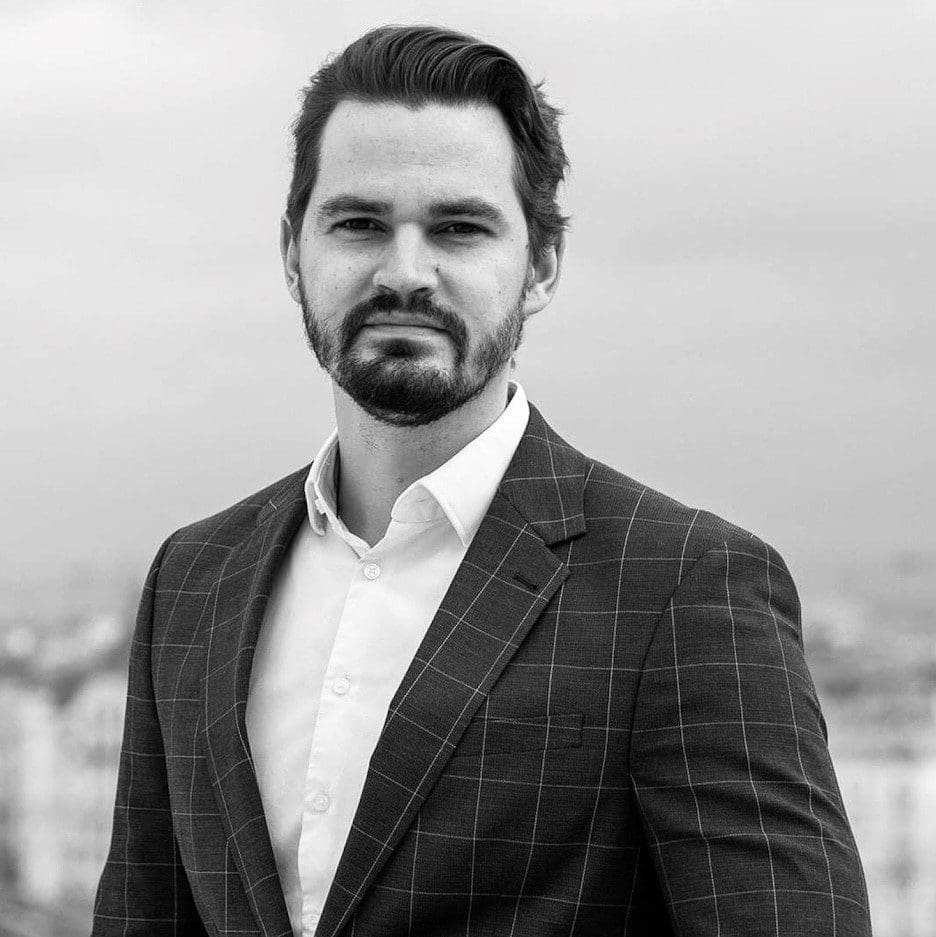



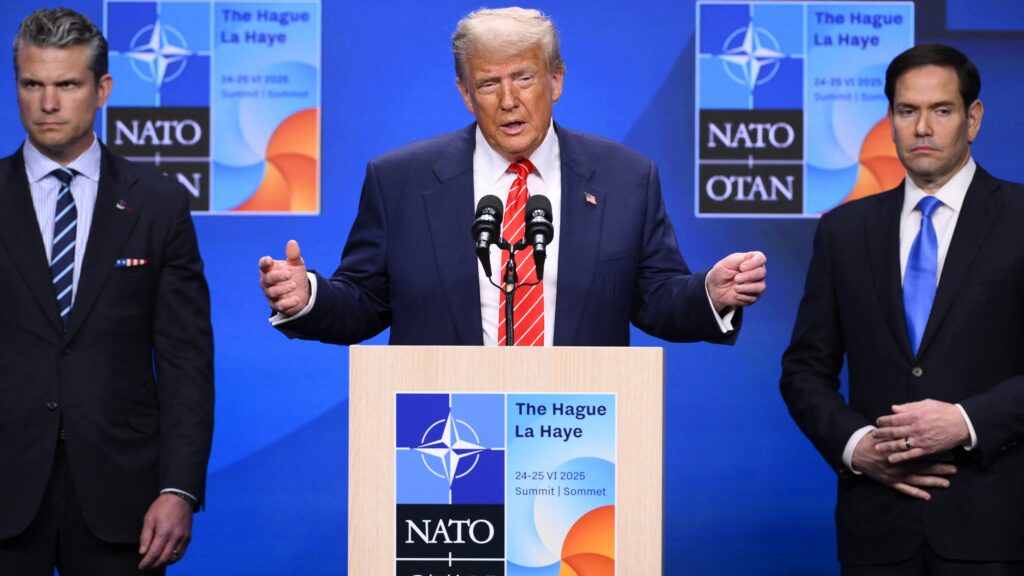
At the NATO summit in The Hague, leaders pledged record defence spending—5 per cent of GDP by 2035—marking the biggest shift since the Cold War. While Ukraine saw little progress toward membership, Donald Trump stole the spotlight with military success and strong support from allies, reshaping the summit’s focus toward core defence.
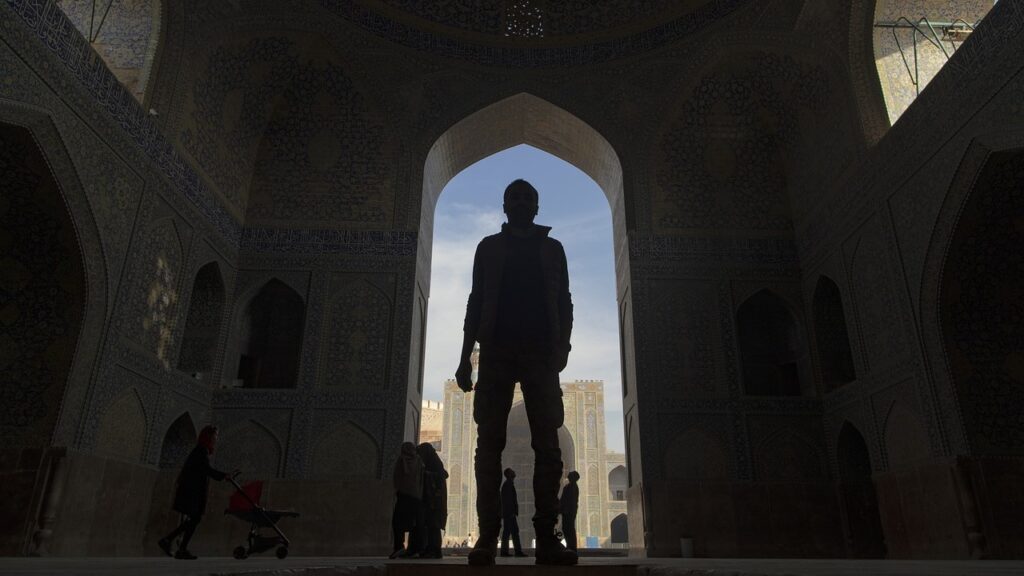
Israel’s 12-day offensive against Iran aimed to derail Tehran’s nuclear ambitions—an effort ultimately reinforced by a decisive intervention from Donald Trump.

The 4iG Group and the Hungarian state-owned N7 Holding are jointly establishing Hungary’s first defence industry holding company with both state and private ownership. The new company is expected to boost competitiveness and increase defence exports.

European Commissioner for Intergenerational Fairness, Youth, Culture and Sport Glenn Micallef has proposed the exclusion of athletes from a country engaged in a legitimate war of self-defence against a terrorist organization. The EU was preparing further measures against Israel, although Hungary intervened.
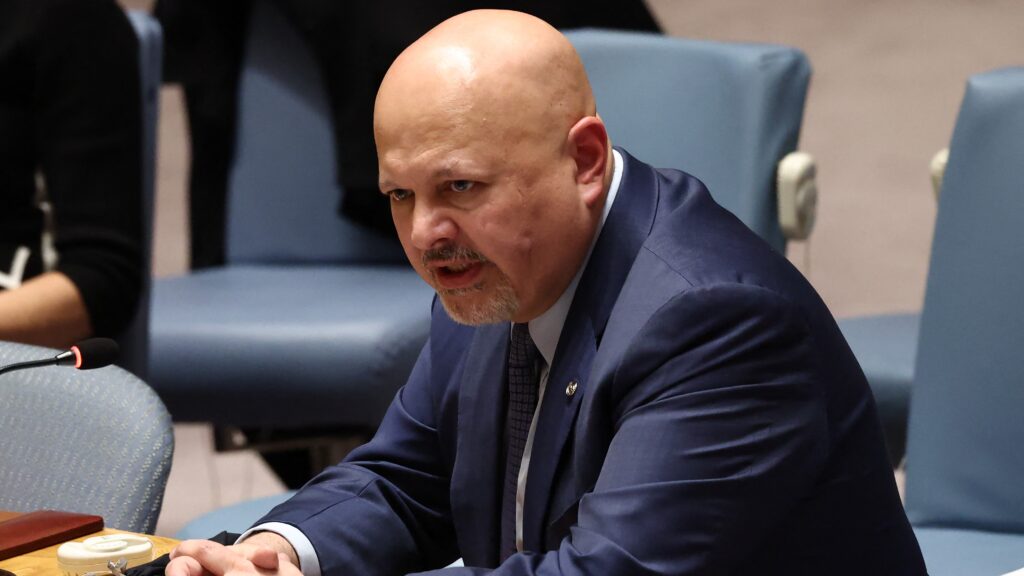
Following a vote by a vast majority, Hungary can now officially withdraw from the International Criminal Court (ICC), whose decision to issue arrest warrants for Israeli political and military leaders is facing growing scrutiny.
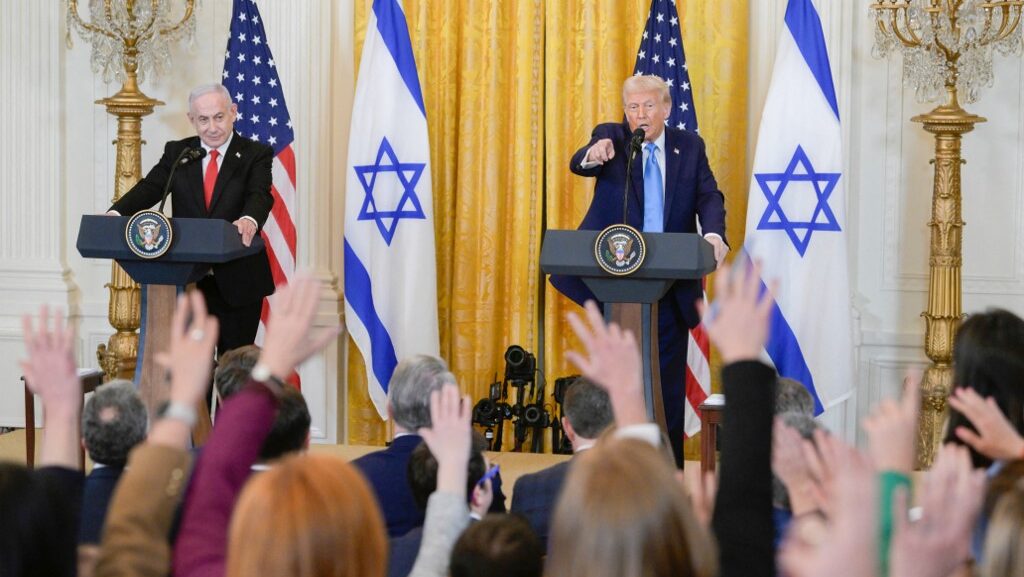
‘Tensions between the two sides do exist—even on strategic matters—and occasionally spill into public view. The key difference, especially compared to the Biden era, is that these leaks are not weaponized publicly. Instead, both parties swiftly work to defuse them.’
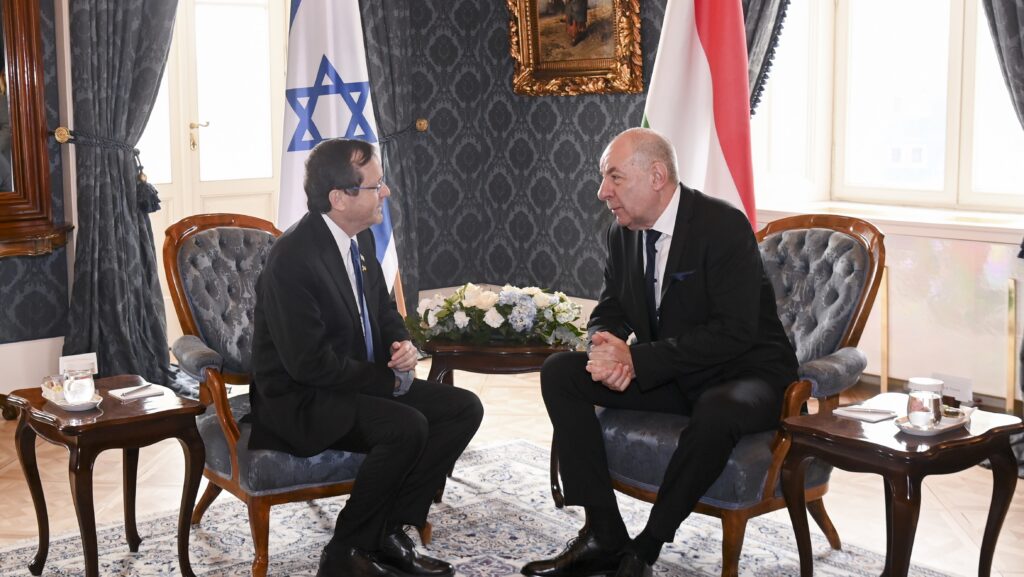
On 18 February 2025 Israeli President Isaac Herzog arrived in Hungary at the invitation of President of the Republic of Hungary Tamás Sulyok. According to Sulyok, a strong Israel is essential both for the fight against antisemitism and for a secure future for the Middle East and Europe. The Hungarian head of state emphasized that there is an ongoing dialogue between Hungary and Israel and that there are no problematic issues.

Prior to Russia’s invasion of Ukraine, about two-third of Germany’s eight brigades were combat-ready. According to Head of the German Armed Forces Association Colonel Andre Wuestner, that figure has declined to roughly 50 per cent due to the export of weapons and equipment to Ukraine.
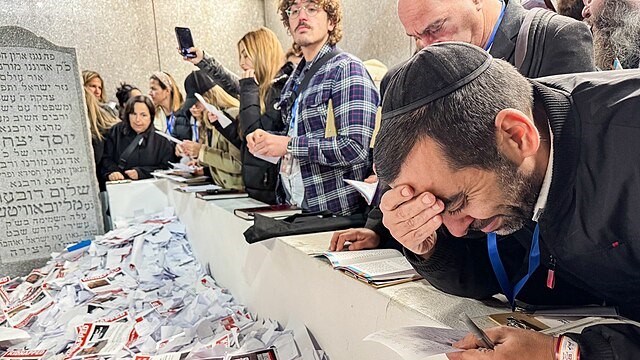
The sign of life the family received from Hungarian Israeli Omri Miran may have been a ray of hope to hold on to; nevertheless, Hamas’ threat has brought the ceasefire to the brink of collapse.
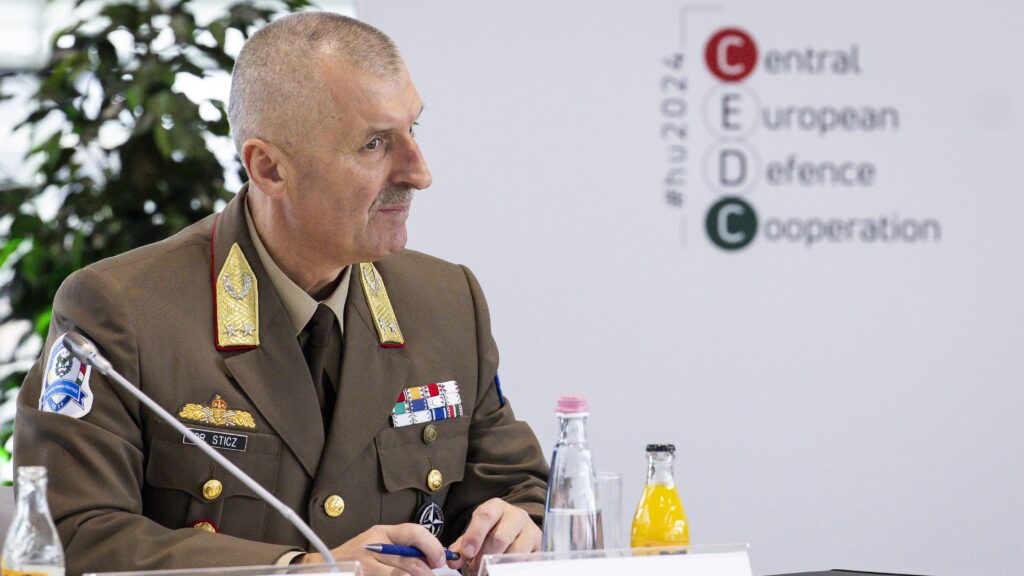
Along with the Hungarian commander, a Hungarian peacekeeping contingent was deployed in Bosnia and Herzegovina with about 400 soldiers. The HDF provided an air search and rescue team, an air evacuation team, an artillery team with dog patrols, medical support (ROLE-1 level), as well as logistical support and supplies with 250 personnel.
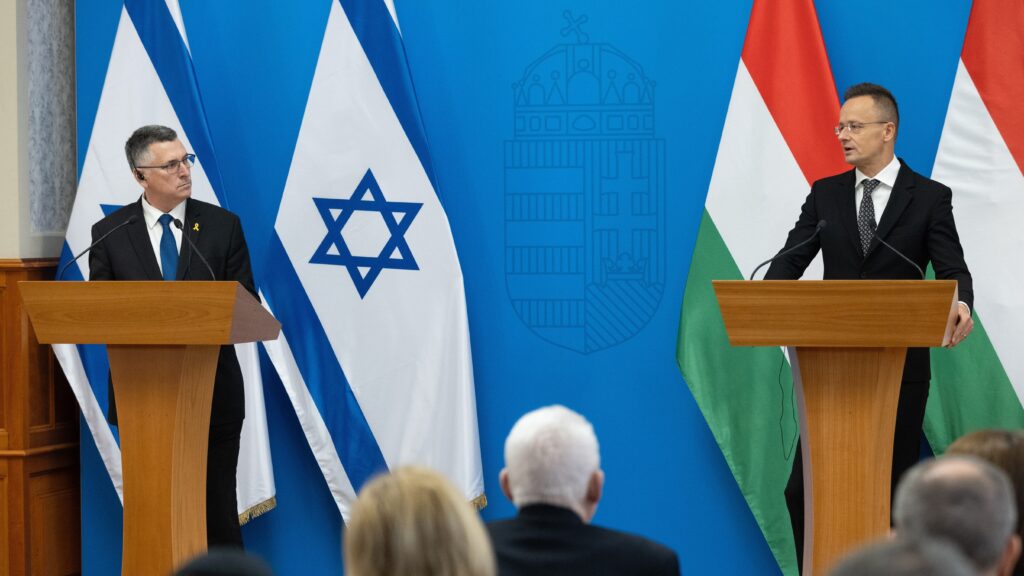
During his joint press conference with his Hungarian counterpart in Budapest today, the Israeli Foreign Minister thanked Hungary for standing by Israel at international forums. The press conference also addressed the situation of the Hungarian hostage held captive by Hamas.
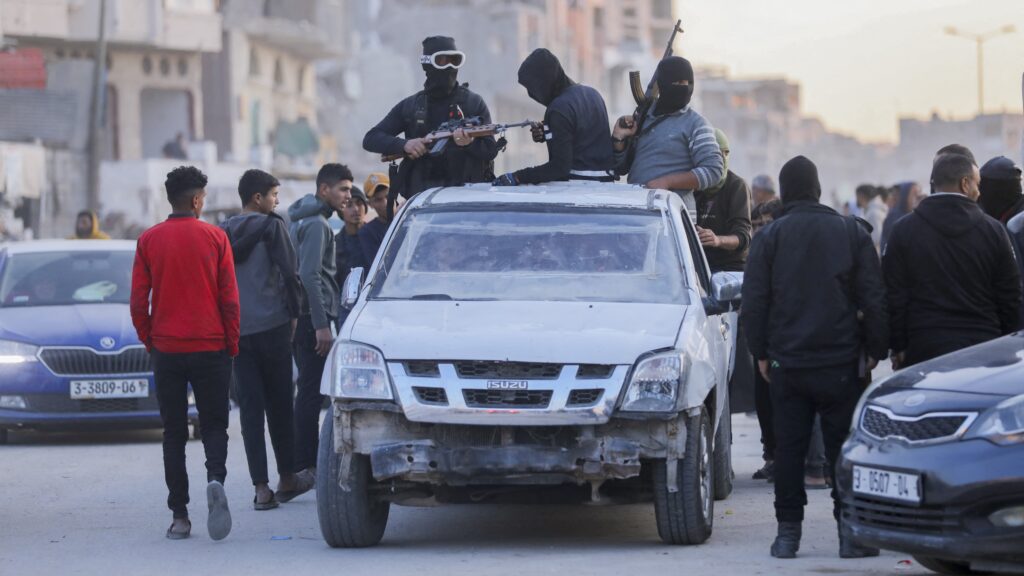
Hamas clearly used the hostage release as a shameless PR opportunity. The terrorist organization gathered a massive crowd in Gaza City’s central square, where uniformed Hamas militants staged a victory parade before handing over the three young women to the International Red Cross.
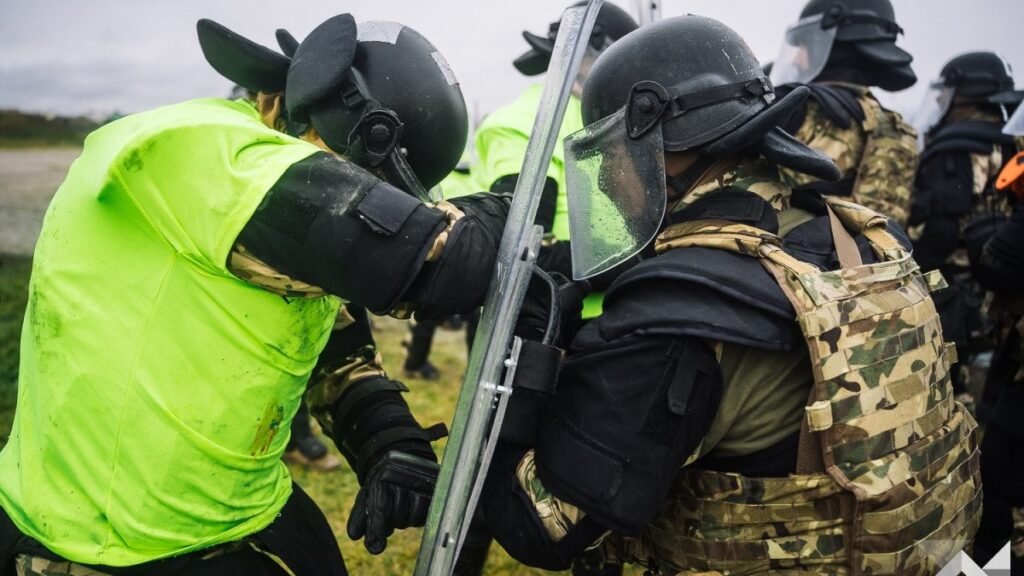
‘One of the key lessons of the exercise is that no situation is predetermined. Soldiers must respond to diverse scenarios with discipline, as every soldier is responsible not only for themselves but also for their comrades and the entire community,’ summarized Lieutenant Colonel Tibor Dancs, commander of the 31st rotation of the Hungarian KFOR contingent.
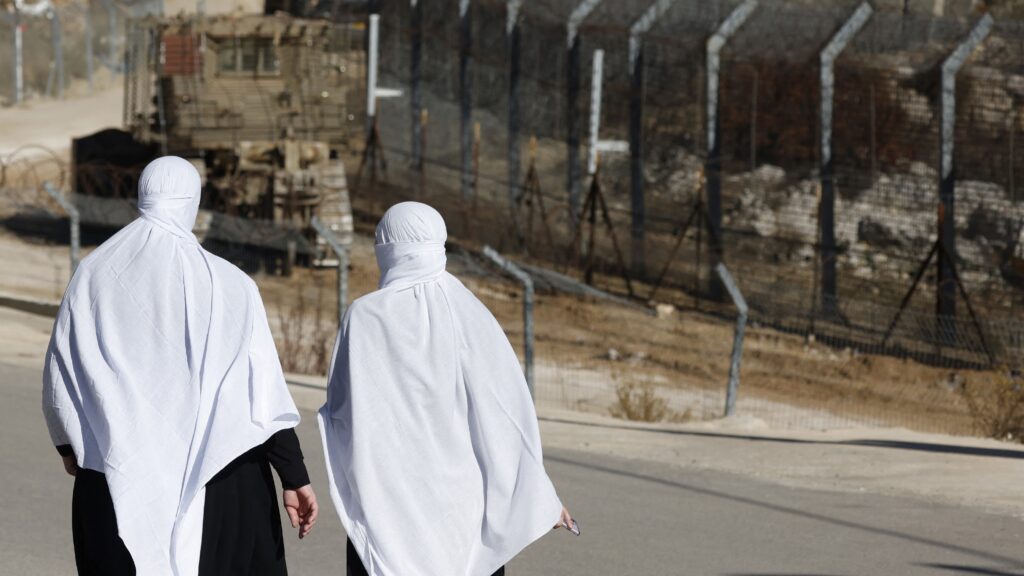
The Druze, a group historically loyal to the Assad regime in Syria, are facing growing threats due to the collapse of the central government and the deteriorating security situation. The Druze religious leadership in Israel is also very concerned about the fate of the Druze across the border, because jihadists in many Druze communities, mainly in Damascus and northern Syria, have already started demanding that the Druze hand over their weapons.

Subsequent to the anti-government rebels’ rapid advance that made President Bashar al-Assad depart from Syria, the Austrian government is planning to halt the processing of current Syrian asylum applications and to reassess previously granted asylum statuses. Additionally, family reunification programmes for Syrian refugees have been suspended.
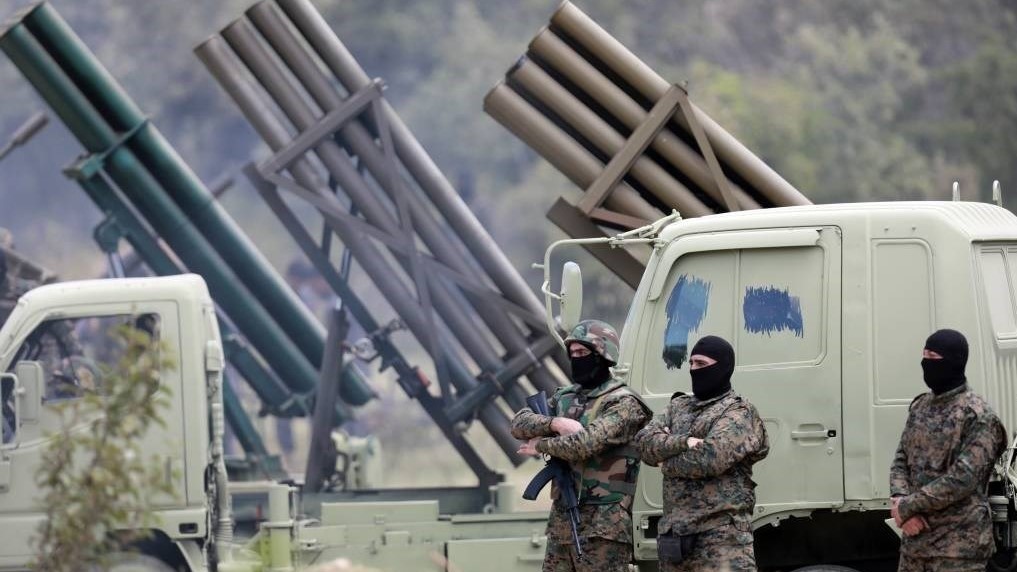
‘The ceasefire is a development that aligns with the Trump administration’s anticipated foreign policy approach, which is expected to support Israel’s military objectives while facilitating diplomatic resolutions to regional conflicts. The ceasefire may also pave the way for expanding the Abraham Accords, with potential new agreements involving countries like Saudi Arabia.’
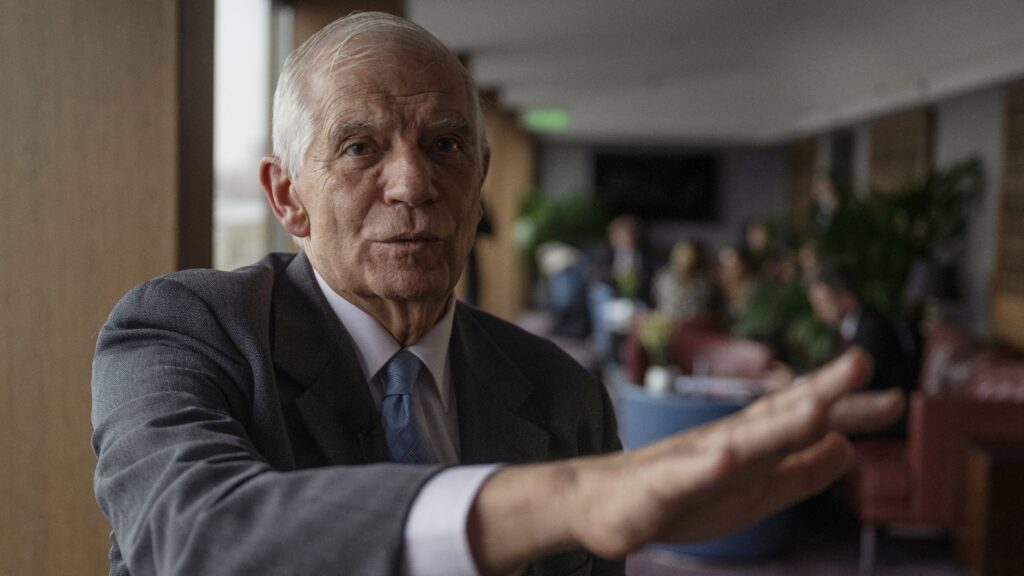
Reflecting the way the mainstream in the EU confronts the ongoing Gaza crisis, its outgoing foreign policy chief Josep Borrell has once again taken a hard line on Israel, proposing a suspension of EU–Israel political dialogue over humanitarian concerns. Known for his blunt criticisms of Israel, Borrell’s latest move aligns with his stance that the EU must hold Israel accountable, yet it may also be his last major act on the issue as he prepares to step down, making way for Estonia’s Prime Minister Kaja Kallas.

The events of 7 October will forever be etched in Israel’s history as a day of immense tragedy and resilience. That day was a moment when the nation confronted the depths of brutality, but also discovered a strength it never knew it needed. Amid the profound loss and an escalating fight for the right to exist free from terror and fear, one message reverberates louder than ever: Israel will endure, and its people will not be broken.
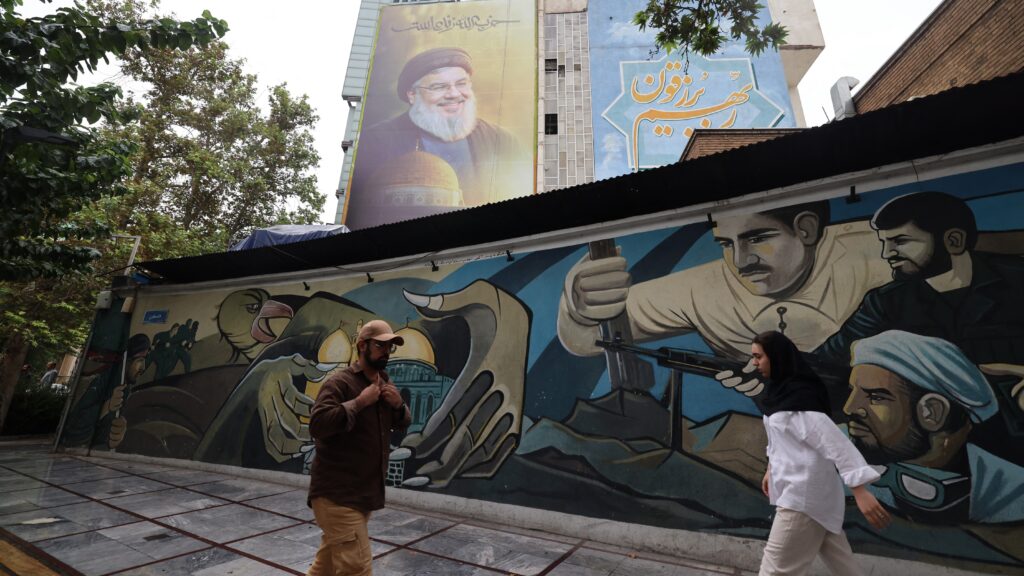
Historically, so-called ‘October surprises’ have influenced election outcomes, particularly when they involve national security or military engagement that provides little room for candidates to respond and little time for voters to digest before heading to the polls. A broader conflict in the Middle East could become a significant liability for Harris’s campaign, especially if US forces get drawn into the fighting.
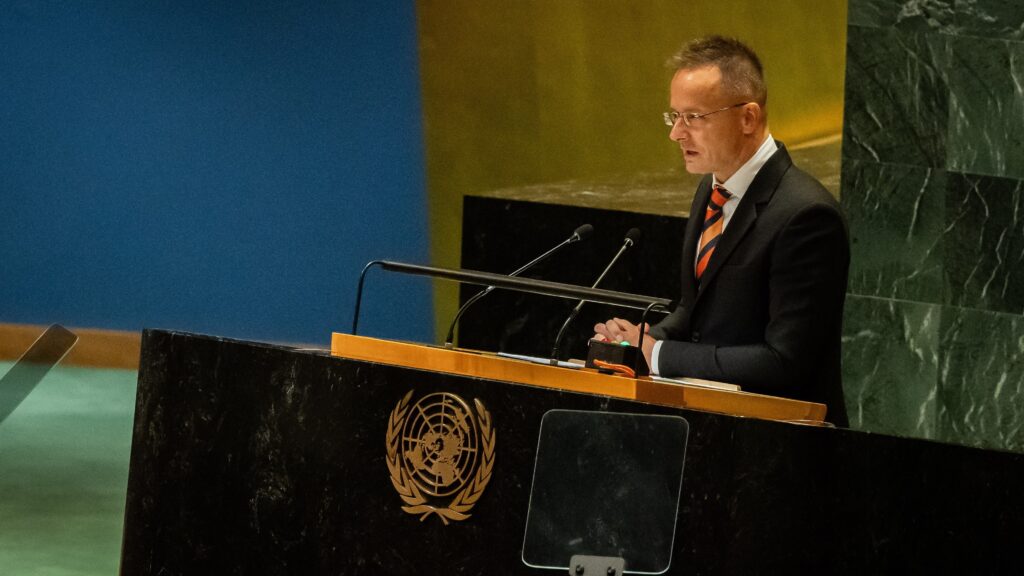
In a recent interview with the Jewish News Syndicate outlet conducted in New York, Hungarian Foreign Minister Péter Szijjártó underlined that Israel is ‘a strategic partner, a strategic ally’ to Hungary, while Budapest has a ‘pragmatic, practical relationship’ with Iran, based on economic cooperation. However, ‘it is obvious that on many issues, we see the world in a totally different way,’ he clarified.

Although no sources have confirmed that the Hungarian Ministry of Defence has officially expressed interest in the Sigma system, this state-of-the-art technology could easily fit into Hungary’s ongoing force development and modernization programme.

Germany has some of the most stringent export control laws in the world, especially concerning dual-use technologies that can be utilized for both civilian and military purposes. But the discovery of German-manufactured parts in Hezbollah’s arsenal raises troubling questions about the effectiveness of these regulations.
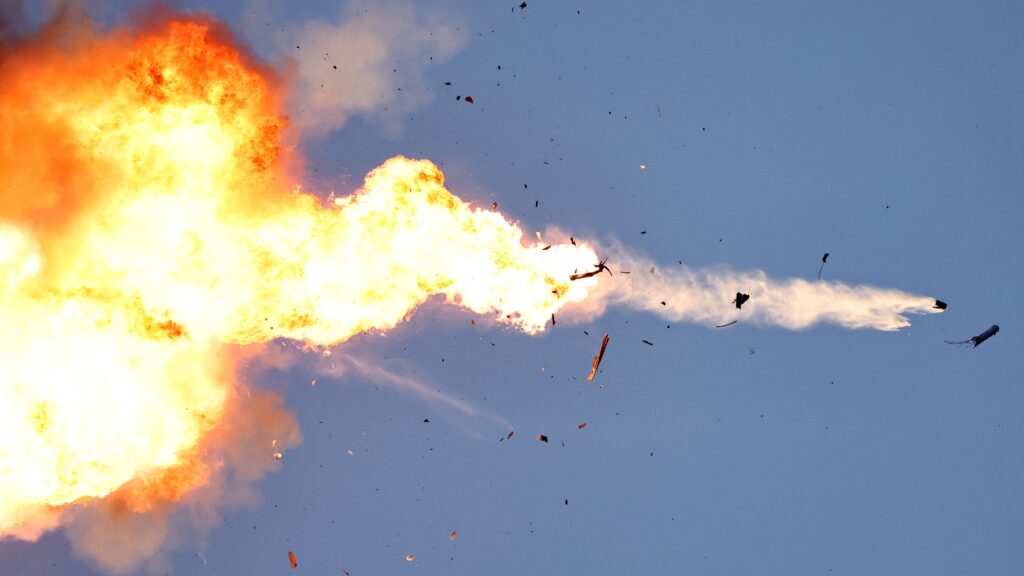
The escalation has raised concerns of a broader conflict in the region, as Israel declared a 48-hour state of emergency and placed restrictions on public gatherings and transport across the northern regions. Both sides have signalled that further actions may be taken, with Israeli Prime Minister Benjamin Netanyahu vowing to protect the nation at all costs, while Hezbollah indicated that their response to ‘Israel’s provocations’ was only beginning.

Italian Defence Minister Guido Crosetto’s recent remarks voicing concern about the Ukrainian incursion into Russian territory have drawn ire from Italian commentators. Under Giorgia Meloni’s leadership Italy has consistently backed Ukraine in both rhetoric and material support. However, her public position also reflects the constraints imposed by her governing coalition, which includes pro-Russia politicians. Meloni’s balancing act requires deft political manoeuvring as she seeks to maintain support for Ukraine while navigating a divided public opinion at home.
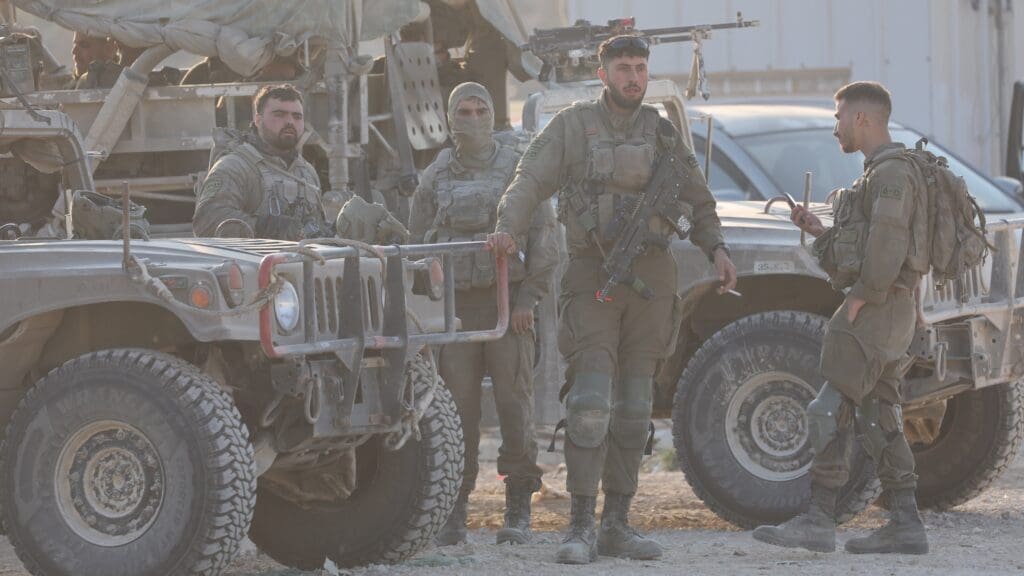
In an official statement of the Hungarian Ministry of Foreign Affairs and Trade, the Hungarian government expressed its disagreement with the recent findings of the advisory opinion of the International Court of Justice, according to which Israel’s presence in the West Bank and eastern Jerusalem is ‘unlawful’, while Israel’s ‘policies and practices’ in the West Bank and eastern Jerusalem, including ‘the maintenance and expansion of settlements’, amount to the ‘annexation of large parts of the Occupied Palestinian Territory.’
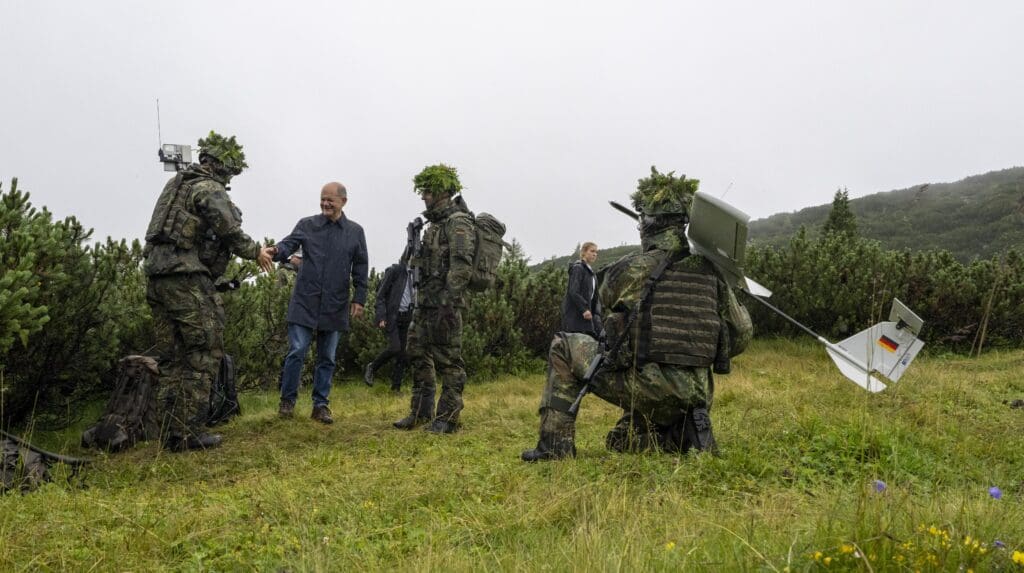
Germany’s budget for next year cuts aid to Ukraine while Chancellor Scholz’s ‘Zeitenwende’ could also fizzle out without adequate financial support.
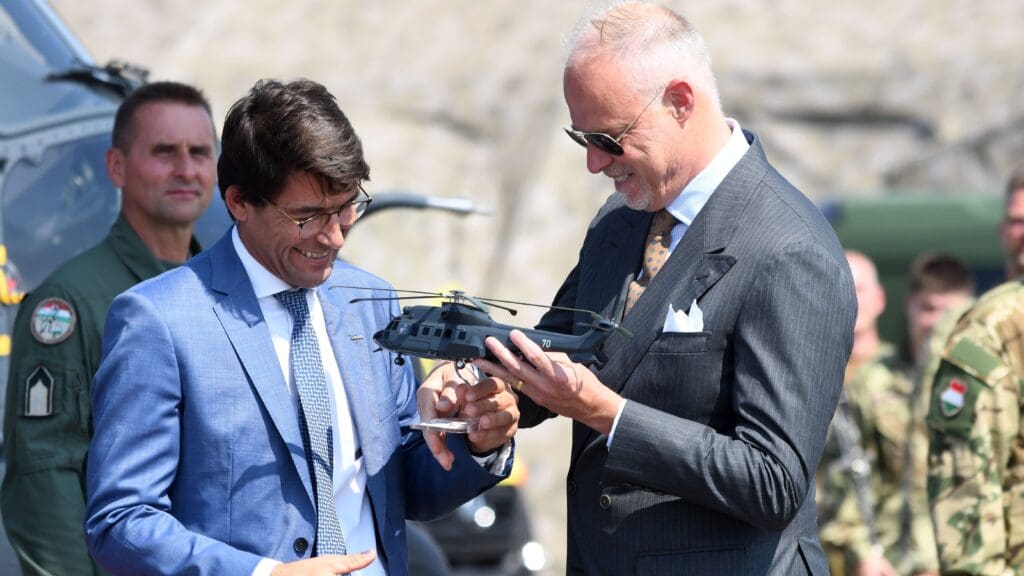
The purchase of the state-of-the-art aircraft is part of the Force Development Programme, essential not only in terms of self-defence and deterrence, but also for the country to remain an influential contributor to regional, and transatlantic security efforts in trying times.
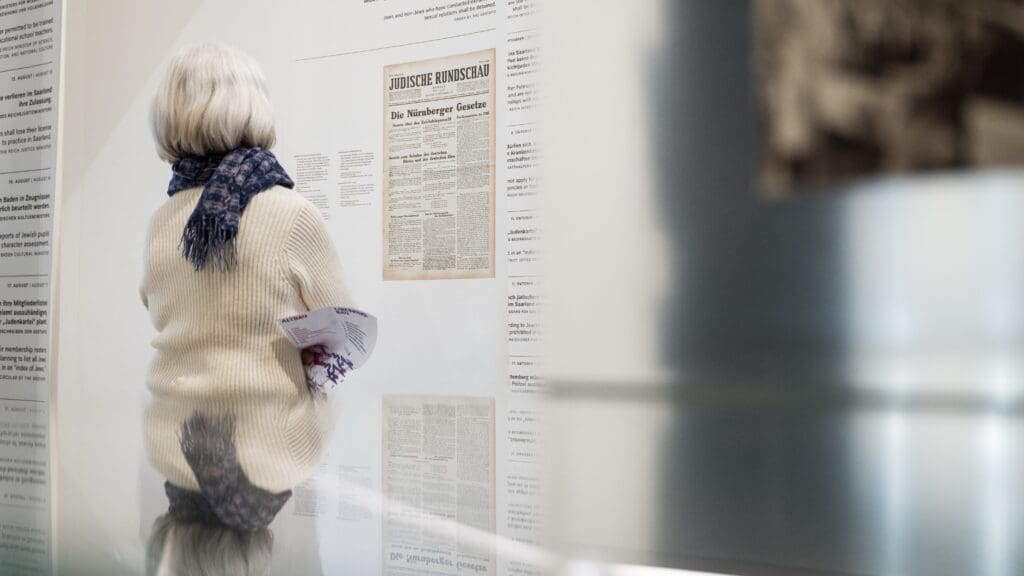
The updated test will now include questions covering topics regarding the Holocaust, Jewish culture, and the state of Israel. This initiative, part of a broader revision of the citizenship test, aims to ensure that applicants have a comprehensive understanding of Germany’s complex history and its stance on Israel.
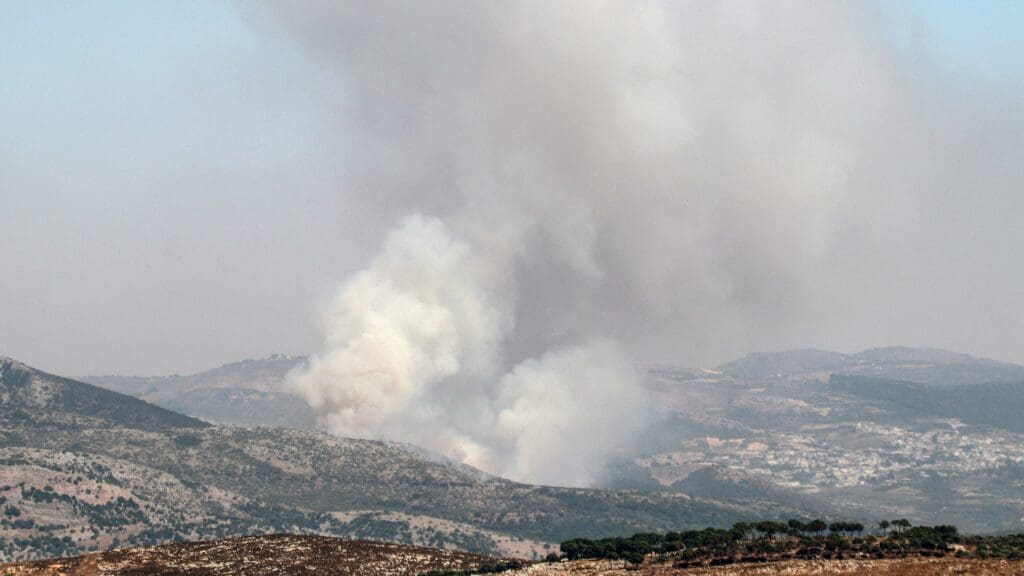
Hezbollah Leader Hassan Nasrallah threatens to use Syrian refugees as a political weapon while also warning Cyprus of a possible attack if the island nation assists Israel militarily. The group’s ability to manipulate refugee flows and its readiness to use military force against EU member states necessitate an effective and coordinated response from the European Union.
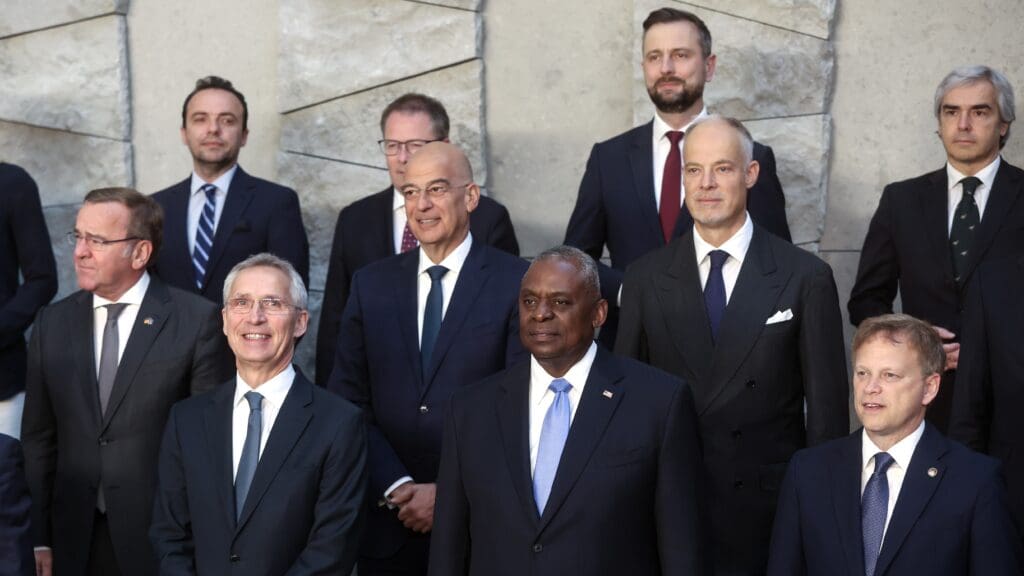
‘Hungary is not providing money, weapons or soldiers for this cooperation, but it is not blocking it either’, the defence minister reaffirmed after the NATO ministerial meeting in Brussels last week.

Hungarian Conservative is a quarterly magazine on contemporary political, philosophical and cultural issues from a conservative perspective.